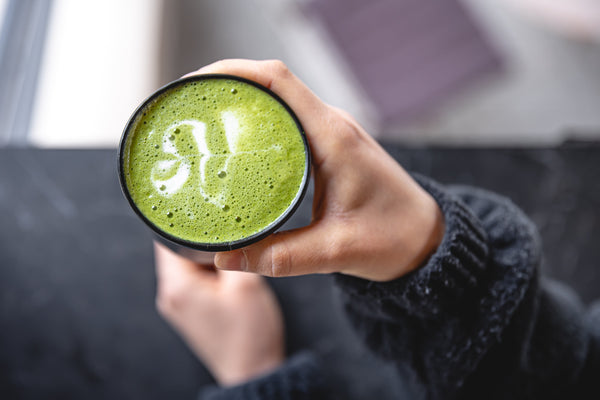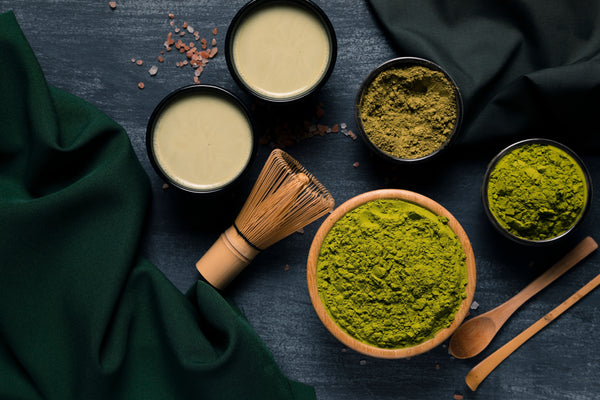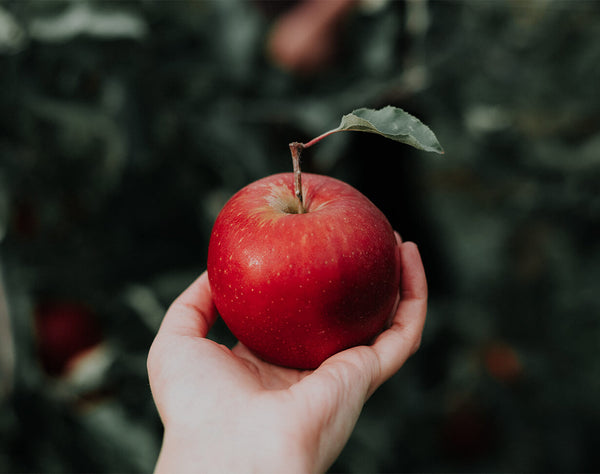There are many over-the-counter medications and liquids available to treat constipation, which can either be taken orally or through the rectum in the form of enemas and suppositories. There are many other ways, such as adding probiotics to your diet. However, herbal teas remain the best natural remedy. In fact these are known as laxative teas and help a person alleviate bloating and empty their bowel movements. Senna, smooth move, marshmallow, ballerina, licorice, black, and green tea among others are a few examples of these teas. In this article, we shall be looking at some of these herbal laxative teas in detail. So let’s get started.
Laxative Teas for Constipation
Constipation is a common digestive complication that causes infrequent bowel movements and difficult passage of stools. There can be a lot of contributors for the same, right from lack of exercise, medications, low fiber diet to insufficient intake of water. Laxative teas help to regularize bowel movements and improve overall digestion. There are many health benefits that laxative teas have to offer. If you don’t know which tea is laxative, worry not, for we have curated a list for you. Given below are some of the best laxative teas that help with constipation.

Senna tea
Senna tea must feature first in the list of laxative teas. This tea is made with senna leaves and pods, that act as a great laxative. They contain glycosides that fuel the digestive system and help alleviate constipation. This tea is also said to regulate the sodium and potassium levels in the body, which aid in maintaining the fluid balance. However, ensure you have it in moderation as it is quite a potent concoction.
Dandelion Tea
Dandelion tea is known for its laxative properties. A daily cup of dandelion tea after your meal can help the liver stimulate bile, which aids in proper digestion.
Licorice Tea
Known for its strong anti-inflammatory properties, licorice tea aids in treating a number of gastric related issues, including constipation. A cup of licorice root tea daily after dinner may help boost digestion and stimulate bowel movements.
Ginger Tea
The rhizomes in ginger root is a natural remedy for all digestion related issues. It has mild laxative properties which helps to regularise bowel movements. Ideally, those suffering from constipation must consume a cup of this tea at least 2 times a day, but it is best to consult a doctor for its exact dosage.
Peppermint Tea
Peppermint tea is a great natural remedy for stomach pain, constipation, irritable bowel syndrome and other digestive issues. It contains menthol, which is said to soothe the stomach and relieve you of any gastrointestinal issues such as constipation. Moreover, it inhibits calcium activity in the intestine, which further prevents constipation. Thus, drinking a cup of peppermint tea after meals has the potential to help people with constipation.

Ballerina Tea
Ballerina tea may be a herbal infusion and not a traditional tea but it is made using senna and chinese mallow, both of which are known for their laxative potential. This tea helps to detoxify the body of all toxins and any water retention. Be wary of how much you have as too much of it can lead to diarrhea and can also lead to excessive weight gain if you stop having it altogether.
Smooth Move Tea
Smooth move tea is a combination of a lot of herbs and spices, and is known as a natural laxative. A mix of sweet orange, licorice, ginger root, fennel seeds, and cinnamon, this tea is known for regulating bowel movements and reducing stomach cramps. It also relieves you of bloating, making you feel light in the stomach.
Parsley Tea
Parsley is known to contain a kind of potent oil, which is more present in the seeds than in stems or leaves. When it is consumed in the form of tea, it helps to relieve constipation and other digestive issues.
A word of advice:
Given that these beverages are very potent, it is best to consult a doctor about the dosage and frequency of consumption before incorporating it to your daily diet. If you are not a fan of tea and want a solution for your constipation woes, try out Wellbeing Nutrition's Probiotic + Prebiotic. With 36 billion (CFU) active live cultures per serving, your digestive health will get all the boost that it needs. Furthermore, it will help neutralize toxins, improve metabolism, alleviate constipation, and help prevent other gut-related issues.References:
- Senna – A Medical Miracle Plant, D. Balasankar, K. Vanilarasu, P. Selva Preetha, S.Rajeswari, M.Umadevi, Debjit Bhowmik, Journal of Medicinal Plants Studies, (https://www.plantsjournal.com/vol1Issue1/Issue_may_2013/5.pdf)
- Hepatoprotective properties of Dandelion: recent update, Ezhilarasan Devaraj, Journal of Applied Pharmaceutical Science, (https://pdfs.semanticscholar.org/5a81/1b3d6b33f81426d57463ac80350d054290e9.pdf)
- The anti-inflammatory activity of licorice, a widely used Chinese herb
Rui Yang, Bo-Chuan Yuan, Yong-Sheng Ma, Shan Zhou &Ying Liu, Pharmaceutical Biology, (https://www.tandfonline.com/doi/full/10.1080/13880209.2016.1225775) - Nikkhah Bodagh M, Maleki I, Hekmatdoost A. Ginger in gastrointestinal disorders: A systematic review of clinical trials. Food Sci Nutr. 2018;7(1):96-108. Published 2018 Nov 5. doi:10.1002/fsn3.807, (https://www.ncbi.nlm.nih.gov/pmc/articles/PMC6341159/)
- Peppermint and Its Functionality: A Review, Loolaie M, Moasefi N,
Rasouli H, and Adibi H, Archives of Clinical Microbiology, (https://www.acmicrob.com/microbiology/peppermint-and-its-functionality-a-review.pdf) - Senna Tea: Information Every Dietitian Should Know (https://depts.washington.edu/nutr/wordpress/wp content/uploads/2015/03/Senna-Tea_2012.pdf)
- Malva verticillata - L, Plants For A Future, (https://pfaf.org/user/plant.aspx?LatinName=Malva+verticillata)
- Kreydiyyeh SI, Usta J, Kaouk I, Al-Sadi R. The mechanism underlying the laxative properties of parsley extract. Phytomedicine. 2001 Sep;8(5):382-8. doi: 10.1078/0944-7113-00058. PMID: 11695882. (https://pubmed.ncbi.nlm.nih.gov/11695882/)

























